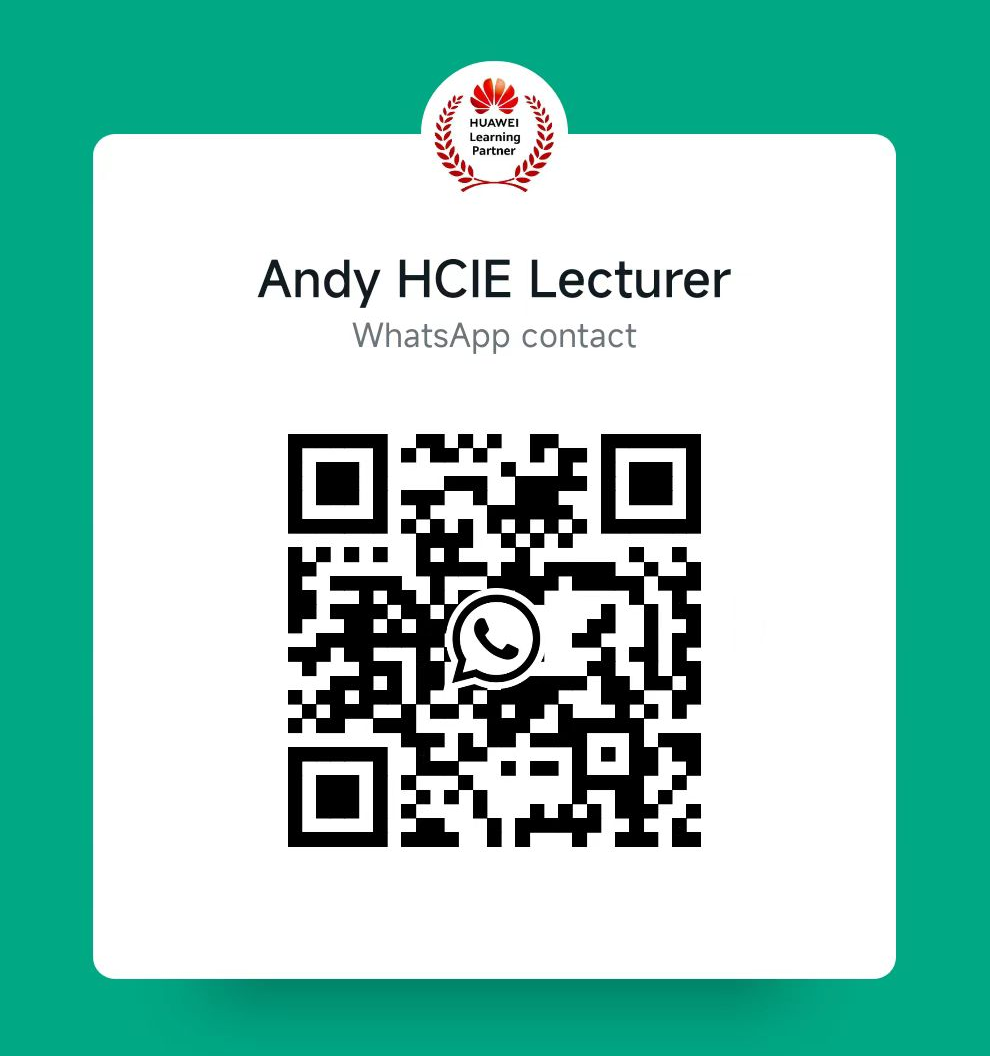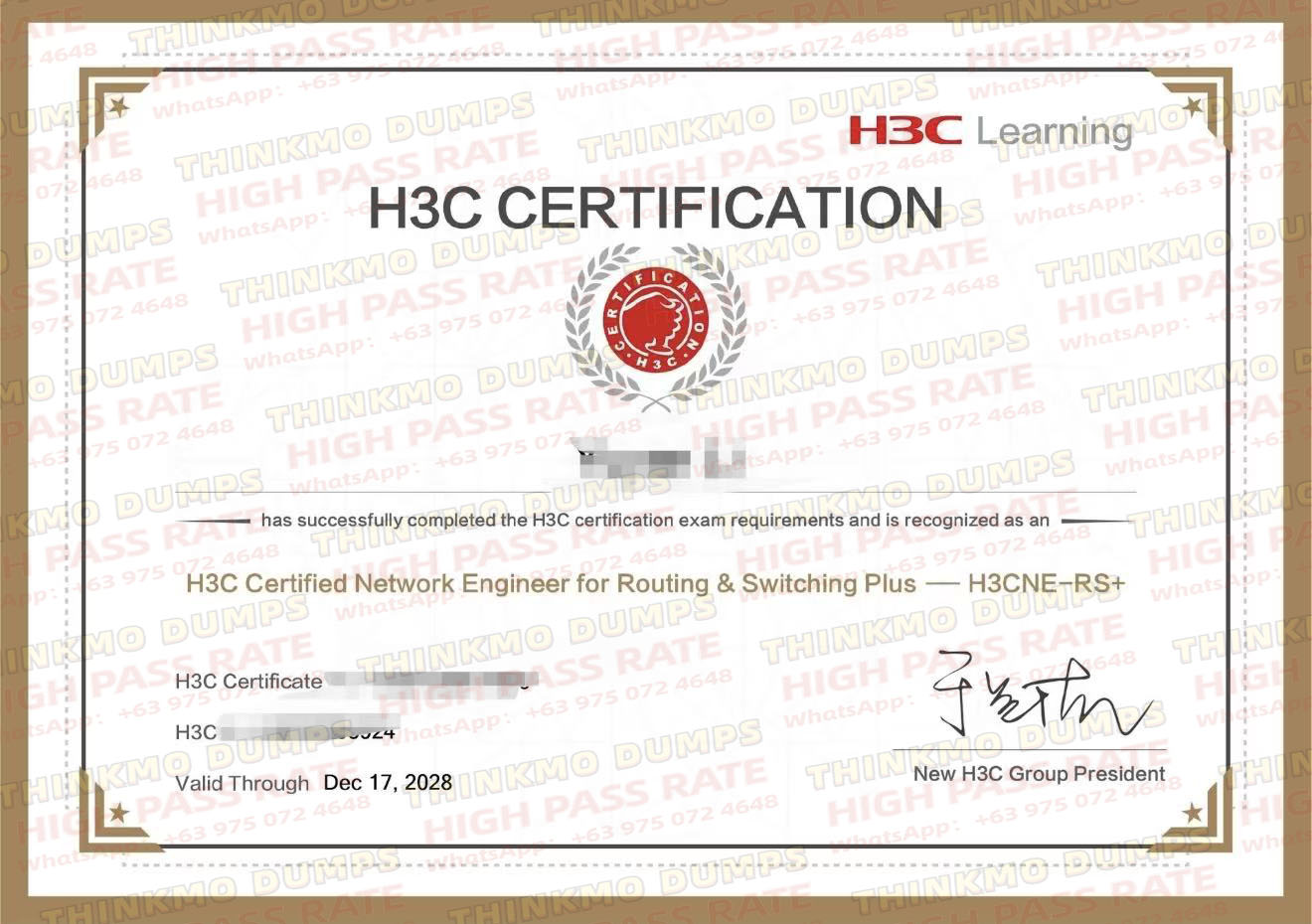What Does the Kubernetes CKA Exam Cover?
Update time:2025-09-23
Many newcomers to cloud-native technologies often ask: “What exactly is tested in the Kubernetes CKA certification?I heard it’s 100% hands-on with no multiple-choice questions—does that make it very difficult?”
As an experienced operations engineer, let me walk you through the Certified Kubernetes Administrator (CKA) exam structure, content, and how you can prepare effectively using real exam dumps.

1.Certification Positioning: 100% Hands-On Exam
The CKA is offered by the CNCF (Cloud Native Computing Foundation) and is one of the most recognized certifications in the Kubernetes ecosystem.Its unique feature: the entire exam is practical, meaning:
Real-world scenarios: Tasks simulate daily responsibilities of a Kubernetes administrator (deployment, configuration, troubleshooting).
Skills validation: It tests problem-solving through hands-on work, not theory memorization.
Special rules:
Open-book (you can use the official Kubernetes documentation).
Task-based scoring (you only get points for completed steps).
Time pressure (2 hours, 15–20 tasks to complete).
2.Exam Basics
Duration: 120 minutes
Environment: Remote Kubernetes cluster (1 master + 2–3 worker nodes)
Questions: 15–20 practical tasks
Scoring: 100 points total, 74 required to pass
Weighting: Troubleshooting (30%) and Cluster Architecture (25%) carry the highest weight
Allowed tools: Official Kubernetes docs, kubectl, vim, and other native CLI tools

3.Five Core Exam Domains
(1)Cluster Architecture, Installation & Configuration (25%)
Deploying and configuring production-grade clusters (kubeadm init, kubeadm join)
Network plugin setup (Calico/Flannel)
Managing core components (API Server, etcd, kubelet)
Node labels, taints, and certificate renewals
(2)Workloads & Scheduling (15%)
Pod lifecycle management (kubectl run/get/delete)
Controllers: Deployment (scaling, rolling updates), DaemonSet, CronJob
Scheduling strategies: NodeSelector, affinity/anti-affinity, taints/tolerations
(3)Services & Networking (20%)
Service types: ClusterIP, NodePort, LoadBalancer
NetworkPolicies for inbound/outbound rules
CoreDNS maintenance and service discovery troubleshooting
(4)Storage (10%)
Volumes: emptyDir, hostPath, ConfigMap, Secret
PV/PVC lifecycle and dynamic provisioning with StorageClass
Plugin-based storage (NFS, Ceph)
(5)Troubleshooting (30%)
Pod-level issues: logs, events, image pull errors, resource constraints
Node issues: status checks, kubelet restarts, resource exhaustion
Core component failures: etcd, API server, network plugins
Network connectivity tests: Pod-to-Pod and Service endpoint validation

4.Key Preparation Strategies with Dumps
Master Command Usage
Practice essential kubectl commands (create/get/describe/edit/delete).
Familiarize yourself with YAML structures.
Leverage Updated Dumps
Simulate Failures
Intentionally break clusters (stop kubelet, misconfigure NFS, corrupt etcd) and fix them.
Many dumps include scenario-based troubleshooting tasks that mimic the exam.
Time Management Practice
Allocate time based on task weight—high-value tasks first.
Practice with full mock exams from dumps under timed conditions (15 minutes max per task).
Summary
The CKA exam is essentially a condensed version of real-world Kubernetes administration—covering cluster setup, workloads, networking, storage, and troubleshooting.Nothing on the test is obscure: every solution can be found in the official docs.
The key is speed and accuracy: can you find the right command and execute it quickly under pressure?
For cloud-native professionals, CKA is more than just a certificate—it’s proof of hands-on Kubernetes expertise, the exact skills companies look for when hiring administrators.
I'm your man who have the 100% valid dumps , buy it now for 50% off to clear your exam!
Click it ↓↓

As an experienced operations engineer, let me walk you through the Certified Kubernetes Administrator (CKA) exam structure, content, and how you can prepare effectively using real exam dumps.

1.Certification Positioning: 100% Hands-On Exam
The CKA is offered by the CNCF (Cloud Native Computing Foundation) and is one of the most recognized certifications in the Kubernetes ecosystem.Its unique feature: the entire exam is practical, meaning:
Real-world scenarios: Tasks simulate daily responsibilities of a Kubernetes administrator (deployment, configuration, troubleshooting).
Skills validation: It tests problem-solving through hands-on work, not theory memorization.
Special rules:
Open-book (you can use the official Kubernetes documentation).
Task-based scoring (you only get points for completed steps).
Time pressure (2 hours, 15–20 tasks to complete).
2.Exam Basics
Duration: 120 minutes
Environment: Remote Kubernetes cluster (1 master + 2–3 worker nodes)
Questions: 15–20 practical tasks
Scoring: 100 points total, 74 required to pass
Weighting: Troubleshooting (30%) and Cluster Architecture (25%) carry the highest weight
Allowed tools: Official Kubernetes docs, kubectl, vim, and other native CLI tools
3.Five Core Exam Domains
(1)Cluster Architecture, Installation & Configuration (25%)
Deploying and configuring production-grade clusters (kubeadm init, kubeadm join)
Network plugin setup (Calico/Flannel)
Managing core components (API Server, etcd, kubelet)
Node labels, taints, and certificate renewals
(2)Workloads & Scheduling (15%)
Pod lifecycle management (kubectl run/get/delete)
Controllers: Deployment (scaling, rolling updates), DaemonSet, CronJob
Scheduling strategies: NodeSelector, affinity/anti-affinity, taints/tolerations
(3)Services & Networking (20%)
Service types: ClusterIP, NodePort, LoadBalancer
NetworkPolicies for inbound/outbound rules
CoreDNS maintenance and service discovery troubleshooting
(4)Storage (10%)
Volumes: emptyDir, hostPath, ConfigMap, Secret
PV/PVC lifecycle and dynamic provisioning with StorageClass
Plugin-based storage (NFS, Ceph)
(5)Troubleshooting (30%)
Pod-level issues: logs, events, image pull errors, resource constraints
Node issues: status checks, kubelet restarts, resource exhaustion
Core component failures: etcd, API server, network plugins
Network connectivity tests: Pod-to-Pod and Service endpoint validation
4.Key Preparation Strategies with Dumps
Master Command Usage
Practice essential kubectl commands (create/get/describe/edit/delete).
Familiarize yourself with YAML structures.
Leverage Updated Dumps
Use recently updated CKA exam dumps to practice real tasks.
Focus on high-frequency scenarios like cluster initialization, Pod scheduling, and troubleshooting.
Re-do incorrect tasks until you can complete them without notes.
Simulate Failures
Intentionally break clusters (stop kubelet, misconfigure NFS, corrupt etcd) and fix them.
Many dumps include scenario-based troubleshooting tasks that mimic the exam.
Time Management Practice
Allocate time based on task weight—high-value tasks first.
Practice with full mock exams from dumps under timed conditions (15 minutes max per task).
Summary
The CKA exam is essentially a condensed version of real-world Kubernetes administration—covering cluster setup, workloads, networking, storage, and troubleshooting.Nothing on the test is obscure: every solution can be found in the official docs.
The key is speed and accuracy: can you find the right command and execute it quickly under pressure?
With structured practice using CKA dumps—especially scenario-based labs and recent exam recalls—you can pass the exam in 2–3 months of consistent study.
For cloud-native professionals, CKA is more than just a certificate—it’s proof of hands-on Kubernetes expertise, the exact skills companies look for when hiring administrators.
I'm your man who have the 100% valid dumps , buy it now for 50% off to clear your exam!
Click it ↓↓

Hot article
-
 1
1 1. ThinkMo Precise Question Bank: Ace HCIE Written
上传:2026-01-23
-
 2
2 Triple H3CNE/H3CSE Passes | ThinkMo Christmas Succe
上传:2025-12-25
-
 3
3 Success Streak: ThinkMo’s Dec HCIE-Datacom Win
上传:2025-12-24
-
 4
4 ThinkMo Guide: Cisco & Huawei Certification Com
上传:2025-12-22
-
 5
5 Pass CCIE/CKA Exams with ThinkMo’s Top Question B
上传:2025-12-19








